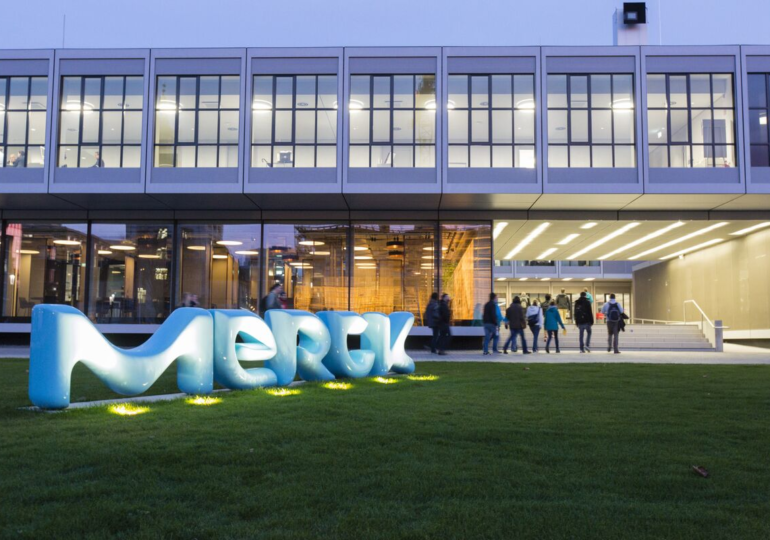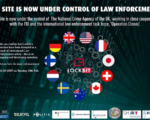Simbian integrates AI into existing security tools.

Ambuj Kumar is undeniably ambitious.
Trained as an electrical engineer, Kumar honed his expertise in hardware design during an eight-year tenure at Nvidia. His contributions included the development of crucial technology such as a widely utilized high-speed memory controller for GPUs. Transitioning from Nvidia in 2010, Kumar shifted gears towards cybersecurity, eventually co-founding Fortanix, a cloud data security platform.
It was during his leadership at Fortanix that the concept for Kumar’s next endeavor took shape: an AI-driven tool aimed at automating a company’s cybersecurity workflows, inspired by the challenges he witnessed within the cybersecurity landscape.
“Security leaders are under immense pressure,” Kumar conveyed to TechCrunch. “CISOs typically have short tenures, and security analysts experience high turnover rates. The situation is deteriorating.”
Kumar, alongside former Twitter software engineer Alankrit Chona, conceived the solution: Simbian, a cybersecurity platform proficient in orchestrating and managing other cybersecurity platforms, as well as security applications and tools. Harnessing the power of AI, Simbian autonomously coordinates and operates existing security tools, tailoring configurations for each product based on a company’s security priorities and thresholds, which are informed by their business needs.
Through Simbian’s chatbot-style interface, users can articulate cybersecurity objectives in natural language, prompting Simbian to furnish personalized recommendations and generate what Kumar describes as “automated actions” to execute these objectives to the best of its ability.
“Security companies have traditionally concentrated on enhancing their individual products, resulting in a highly fragmented industry,” Kumar remarked. “This creates a heavier operational burden for organizations.”





















